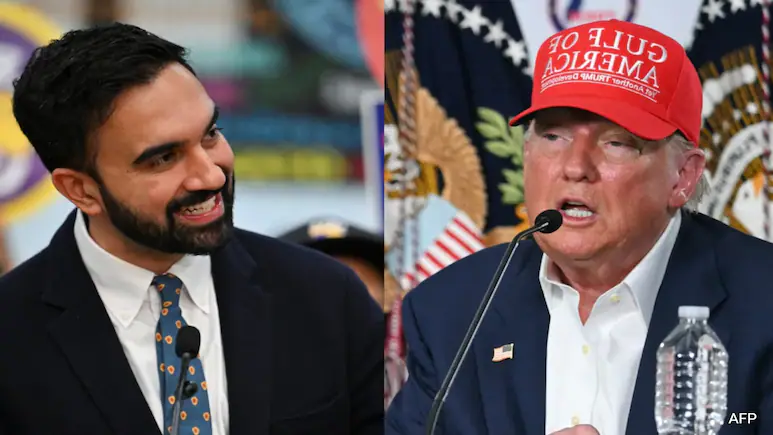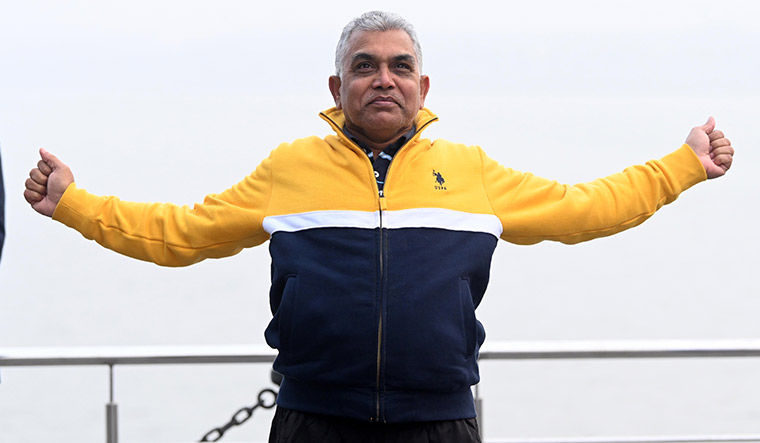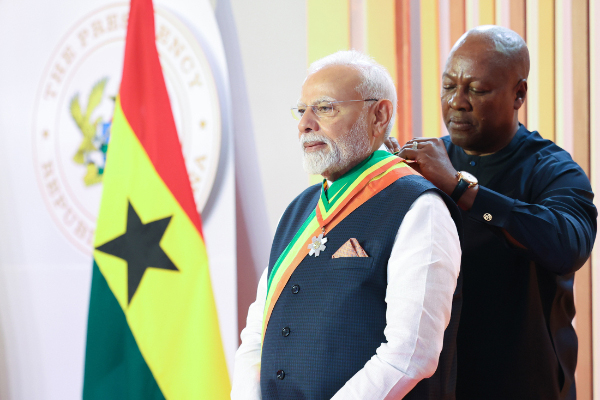Introduction
New York Assemblymember Zohran Mamdani has ignited headlines with his recent statement: “Donald Trump is attacking me because I stand for the people.” The Democratic socialist legislator, known for his unapologetic progressivism and community-first politics, responded sharply to former U.S. President Donald Trump’s veiled criticisms. As political tensions rise ahead of the 2024 U.S. elections, Mamdani’s rebuttal sheds light on the ideological divide between grassroots progressive voices and Trump-era conservatism.
Mamdani’s Progressive Stand Sparks National Attention
Assemblymember Zohran Mamdani, who represents parts of Queens, is no stranger to controversy or courage. His recent comments came after a Trump-aligned PAC referenced progressive lawmakers as “America-hating extremists,” indirectly targeting figures like Mamdani, Ilhan Omar, and Alexandria Ocasio-Cortez.
Mamdani, in response, highlighted how his advocacy for tenants’ rights, Medicare for All, and police accountability places him directly at odds with Trump’s corporate-aligned, nationalist policies.
“When Donald Trump and his allies attack me, it’s not because of who I am — it’s because of what I represent. I represent working people, not billionaires,” Mamdani stated during a recent press briefing.
This pushback aligns with a broader progressive movement that continues to challenge status-quo politics in the U.S., especially in diverse, urban constituencies like Queens.

Ideological War: Mamdani vs. Trumpism
Zohran Mamdani represents a new generation of American lawmakers—immigrant, unapologetically left-wing, and deeply rooted in community activism. Born in Uganda to Indian parents, Mamdani immigrated to the U.S. and has since become a fierce advocate for racial justice, economic equality, and social housing.
Donald Trump’s indirect jabs appear aimed at derailing this rising political ethos that rejects traditional bipartisan compromises. Mamdani’s assertion—that Trump “attacks him because he stands for the people”—is not just political rhetoric. It reflects a nationwide ideological conflict.
In stark contrast, Trump’s recent rallies have doubled down on anti-immigration, pro-corporate tax cut narratives, frequently lambasting leftist politicians. Mamdani’s rebuttal serves to strengthen solidarity within the Democratic Socialist ranks and energize younger, more diverse voters ahead of the election season.

The Role of Representation and Identity in Modern U.S. Politics
Mamdani’s latest statement also underscores the role of identity in American politics. As one of the few South Asian Muslim legislators in the U.S., his presence in power challenges traditional political norms. Trump’s critique—although veiled—reveals the discomfort many conservatives feel with the changing face of American leadership.
Mamdani’s response brings visibility to issues often ignored in mainstream political discourse: systemic racism, housing injustice, immigrant struggles, and the need for a compassionate, inclusive governance model.
His ability to link grassroots activism with legislative impact is precisely why political forces on the right seek to discredit him. Mamdani isn’t just reacting to Trump — he’s reframing the narrative.
Conclusion: A David vs. Goliath Political Showdown
Zohran Mamdani’s pushback against Trump is more than a viral soundbite — it’s a signal of political momentum building from the ground up. As Trump seeks to regain political control in 2024, voices like Mamdani’s represent the resistance — bold, unfiltered, and people-powered.
This developing confrontation will likely continue to attract national headlines as voters look toward the future of American politics. Mamdani’s message is clear:
“We are not afraid. We are organized. And we will not be silenced.”









